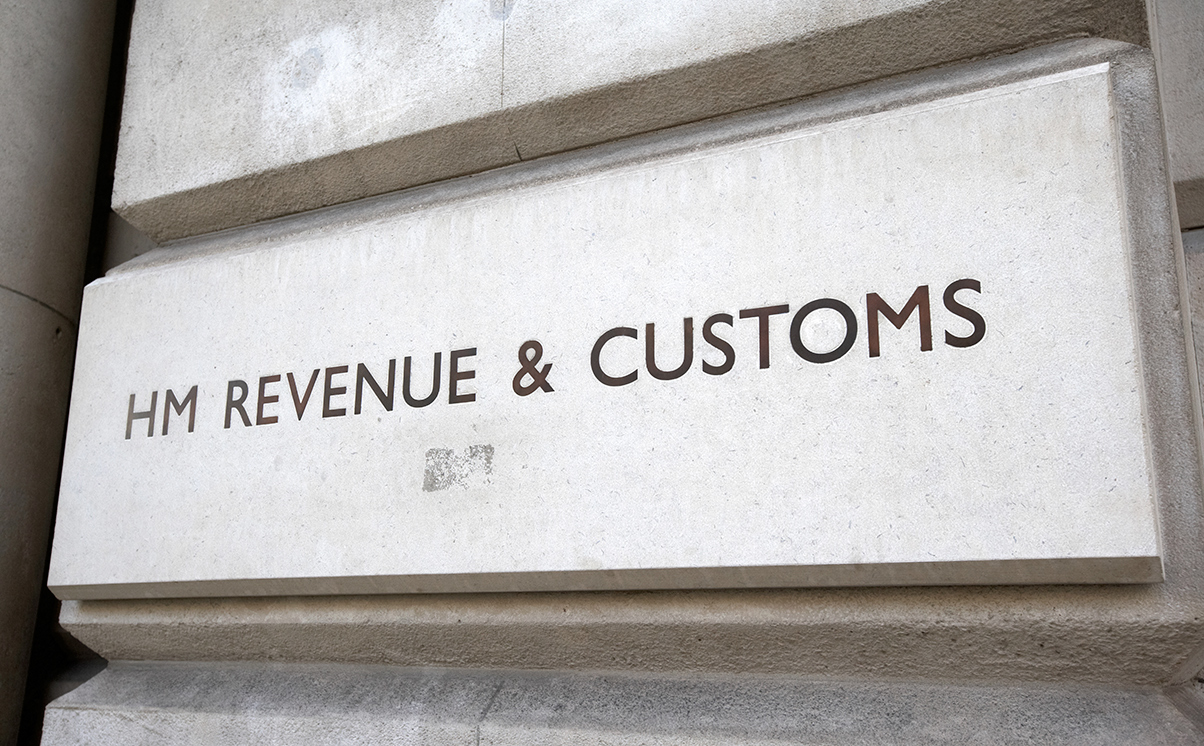The new Government’s tax reform agenda is likely to remain opaque until its first Budget on 30 October 2024. Introducing VAT on private school fees was a key Labour manifesto commitment and is one proposed tax change that has received extensive scrutiny, but much of the detail remains unconfirmed. This uncertainty has prompted questions around how parents can manage the changes and whether they might point to other potential tax raising opportunities for the Government.
Tax Litigation and Resolution partner Giles Salmond considers some of the pressing questions on the timeline of private school VAT, and whether a broader extension of VAT beyond the education sector is likely.
Will VAT on private school fees apply from January 2025?
Although HM Treasury has announced that any fees paid from 29 July 2024 for school terms starting in January 2025 will be subject to VAT, press reports have quoted private school leaders calling for a delay on the imposition of VAT to avoid large numbers of pupils being forced into state schooling all at once. Although it may be possible for schools to judicially review the length of the government’s consultation on the new tax measures, it is quite common for legislation to be introduced without any consultation at all. That said, sometimes businesses do get a reprieve if there is good reason to postpone the commencement of a law change.
However, the Government would probably be reluctant to postpone this flagship policy unless there is compelling evidence that there will be such a surge in demand for state sector places that it will overwhelm the system. The Treasury’s technical note states that after recovery of VAT on third party costs, the government expects schools to be liable for around 15% of their fee income. Despite this, anecdotally, it seems that many schools are passing on the full 20% VAT, but a business rates increase, that has also been announced, will also increase schools’ overhead costs quite significantly, which may account for the significant fee increase.
Some parents who cannot afford a 20% increase may have to move their children to the state sector this September. How much pressure that will cause on the state school system remains to be seen.
Will parents be able to pre-pay school fees to avoid VAT?
The Treasury technical note published in July suggests that any payments made before 29 July would escape the charge to VAT even if it was in consideration of education on and after 1 January 2025. However, HMRC will likely scrutinise arrangements in case they can attack them on grounds of abuse of law or that they simply are not sufficiently clear precisely what the school will provide for the money.
In a more recent policy paper, published on 29 July, HMRC stated that school fees ‘paid before 29 July 2024 will follow the VAT treatment in force at the time of the normal tax point for these supplies, where the fee rate for the relevant term has been set and was known at the time of payment’ [our emphasis].
This suggests that where pre-payments do not meet these criteria, HMRC may argue that VAT becomes due at the start of the school term itself, not the (earlier) date of payment, thereby frustrating any attempt to avoid VAT on future school fees. Whether or not HMRC would be successful should they choose to collect VAT on payments made before 29 July 2024, will very much need to be considered on a case-by-case basis. For example, one could argue that if a school put up its fees after having received pre-payments, then the fee rate had not been “set”, as HMRC stipulate in their Policy Paper. This may depend on the terms of the contract between the school and the paying party. In any case, ambiguity could result in tax disputes for those who have made substantial pre-payments before the 29 July cut off.
Could VAT on private school fees set a precedent for other services?
The Principal VAT Directive 2006/112/EC (PVD) makes it mandatory for EU Member States to implement certain VAT exemptions into domestic law, such as “the provision of children’s or young people’s education, school or university education, vocational training or retraining, including the supply of services and of goods closely related thereto, by bodies governed by public law…” In addition, the PVD also mandates VAT exemption for certain other activities including some financial services, insurance and the leasing or letting of property (although the PVD made this optional for Member States for certain financial services and land exemptions).
Whilst Brexit gave the Government carte blanche to change the VAT system or to get rid of it all together, VAT is not simply a tax on luxury goods and services – one could argue it is a tax on all consumption with certain exceptions. For instance, the PVD provides for VAT exemption “for certain activities in the public interest”. This includes medical and dental care, as well as education. Member States are allowed to grant the exemption to bodies other than those governed by public law subject to certain conditions such as operating on a not for profit basis etc. Nonetheless it would have been considerably more difficult for the Government to add VAT to public school fees in the UK before Brexit.
While it is true that Brexit allows the Government leeway to introduce VAT on certain goods and services, which hitherto were exempt because of the PVD’s requirements, there have been no plans announced to extend VAT beyond private school fees. Given very public pronouncements by senior Labour politicians during the 2024 general election campaign that VAT would not be increased except in the case of private schools, additional extensions could be difficult to justify, but may yet be imposed in certain specific cases in time.
You can find further information regarding our expertise, experience and team on our Tax Litigation and Resolution page.
If you require assistance from our team, please contact us.
Subscribe – In order to receive our news straight to your inbox, subscribe here. Our newsletters are sent no more than once a month.






